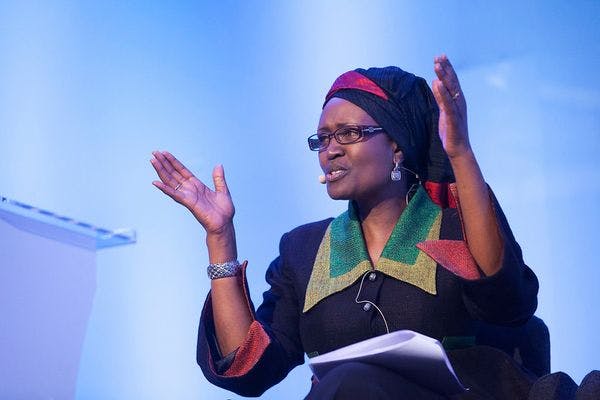Flickr, Norad - The Norwegian Agency for Development Cooperation (CC BY-NC-ND 2.0)
UNAIDS Executive Director's message on the occasion of Human Rights Day
Human rights are key to ending AIDS and have been at the heart of every struggle and every success we have had since the beginning of the epidemic.
Without us demanding our human rights and the tireless call to ensure that human rights remain central to the AIDS response, we would not have more than 24 million people on treatment today and four in five people living with HIV would not know their HIV status. Vulnerable and marginalized populations and people living with HIV would not have access to stigma-free health care or the ability to hold governments to account.
Yet the AIDS response is not over, and barriers to human rights remain. HIV is still an epidemic of inequality, stigma, discrimination and violence. Where people’s rights are breached, they are at higher risk of infection and are less likely to take an HIV test or to be on treatment.
Key populations now account for 54% of new infections globally―75% of new infections outside of sub-Saharan Africa. Globally, in 2018, 6000 adolescent girls and young women became infected with HIV every week. Let me be clear, these communities are not being left behind―they are being pushed behind, by laws, policies and practices that are created, enacted and implemented.
